 AI reveals cellular origins of Alzheimer’s disease, other cognitive disorders
AI reveals cellular origins of Alzheimer’s disease, other cognitive disorders
Using novel artificial intelligence (AI) techniques, Mount Sinai researchers have uncovered the structural and cellular features of human brain tissues to help determine the causes of Alzheimer’s disease and other related cognitive disorders. Read More
 SARS-CoV-2 mimics could make COVID-19 vaccine research safer, quicker
SARS-CoV-2 mimics could make COVID-19 vaccine research safer, quicker
Viruslike particles, molecular mimics that look and act like SARS-CoV-2 without being infectious, are providing new tools against COVID-19 -- the disease caused by the virus. Read More
 AACR cancer report highlights basic research discoveries, need for funding
AACR cancer report highlights basic research discoveries, need for funding
The American Association for Cancer Research (AACR) on September 21 released its annual Cancer Progress Report highlighting the importance of basic research and the need for continued federal investment in the National Institutes of Health and the National Cancer Institute. Read More
 Heart medication spironolactone may also treat alcohol use disorder
Heart medication spironolactone may also treat alcohol use disorder
Spironolactone, a diuretic medication used for heart problems and high blood pressure, may also effectively treat alcohol use disorder by reducing consumption, according to a new study published September 20 in the journal Molecular Psychiatry. Read More
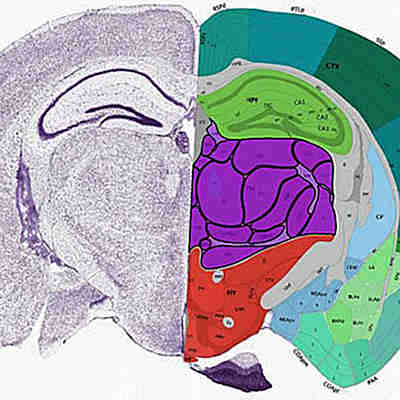 NIH awards $47M grant to develop mouse models for studying late-onset Alzheimer’s
NIH awards $47M grant to develop mouse models for studying late-onset Alzheimer’s
The National Institute on Aging, part of the National Institutes of Health (NIH), has awarded researchers at the University of California, Irvine a $47 million grant to develop the next generation of mouse models for studying late-onset Alzheimer’s disease. Read More
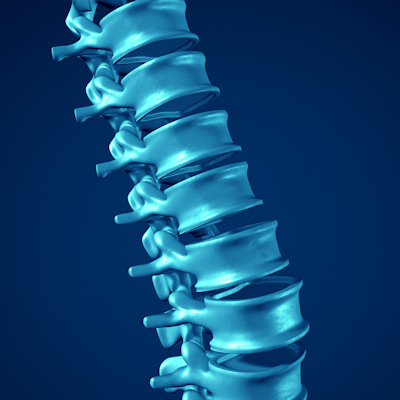 Epigenetic treatment improves spinal cord regeneration in mice after severe injury
Epigenetic treatment improves spinal cord regeneration in mice after severe injury
Weekly treatments with an epigenetic activator resulted in the regrowth of sensory and motor neurons in the spinal cord when given to mice 12 weeks after severe injury, according to a study published September 20 in the journal PLOS Biology. Read More
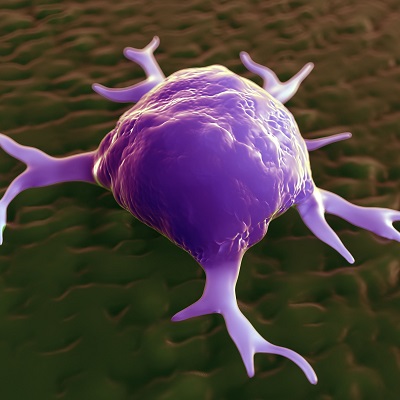 Zebrafish help scientists understand organ regeneration
Zebrafish help scientists understand organ regeneration
Researchers from the Stowers Institute for Medical Research are using zebrafish to investigate how their immune systems repair and regenerate organs. The findings could potentially help alleviate human conditions that might otherwise require organ transplants and lifelong immunosuppressants. Read More
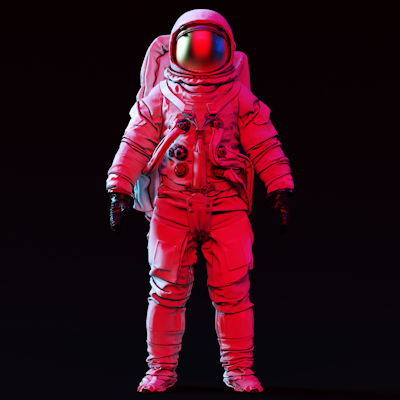 Cornell undergrad sheds new light on astronauts’ immune dysfunction in space
Cornell undergrad sheds new light on astronauts’ immune dysfunction in space
A Cornell University undergraduate’s discovery that disturbances to macrophage cell structure in space reduces a key protein transport could help solve immune dysfunction in astronauts. Read More
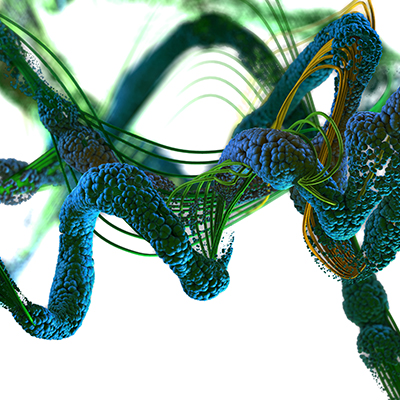 Enzyme from endangered bird linked to promising new therapies
Enzyme from endangered bird linked to promising new therapies
Rice University researchers have discovered a rare enzyme that can be used to metabolically engineer cells to produce drugs, including thrombin inhibitors that break up blood clots. A bioinformatic survey found the key in the endangered crested ibis, a large white-plumaged wading bird. Read More
 NIH awards RIT scientist $1.7M to study organelle growth
NIH awards RIT scientist $1.7M to study organelle growth
The National Institutes of Health (NIH) has awarded the Rochester Institute of Technology (RIT) in New York a five-year, $1.7 million grant to study how cells control the size of organelles. Read More
Member Rewards
Earn points for contributing to market research. Redeem your points for merchandise, travel, or even to help your favorite charity.
Research Topics
Interact with an engaged, global community of your peers who come together to discuss their work and opportunities.
Connect
Tweets by @ScienceBoard



